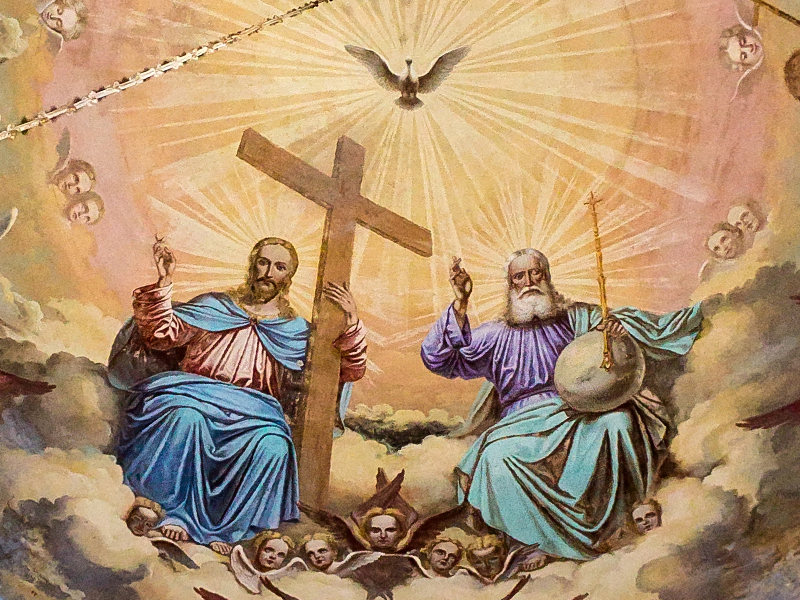yep: Study using the Scientific Method. Nothing more. Nothing less....and fantastic!!!Science is the study of nature so as to be able to discover the order within nature so as to be able to make predictions of nature.
God approves this message. God loves science. He created it!!!!
Greg
